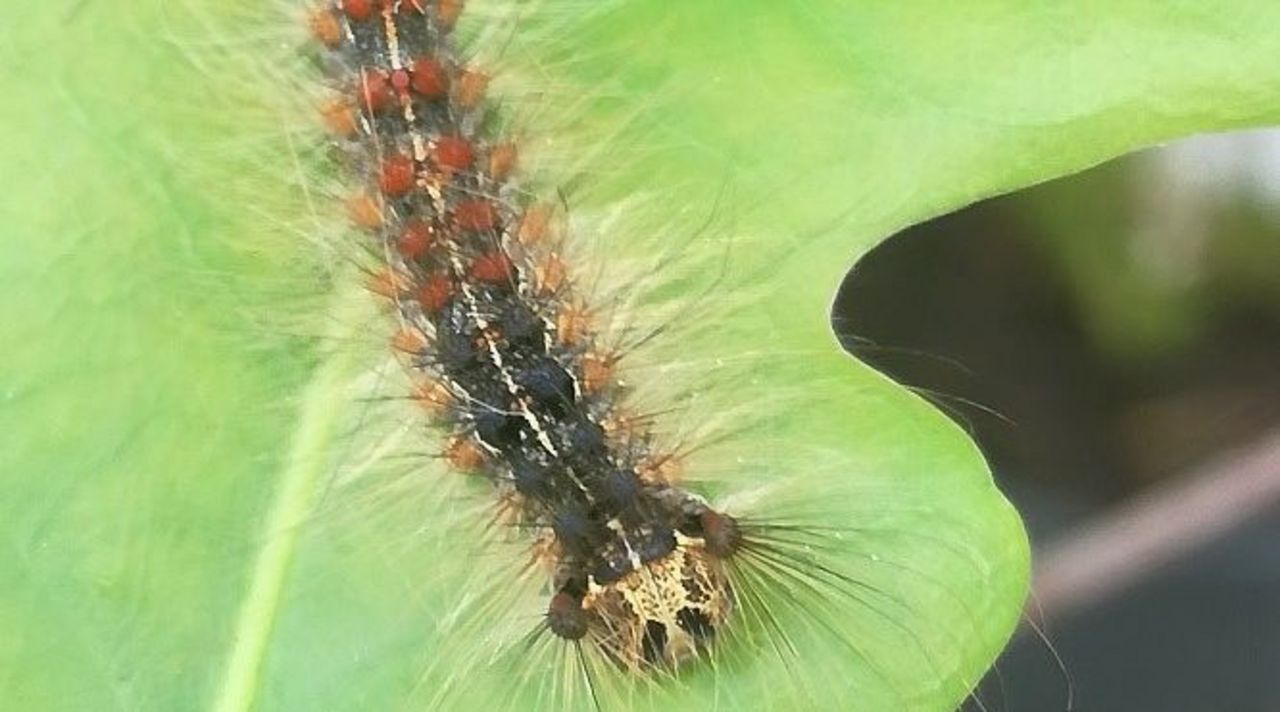Project
Survivor-Oaks

Adaptation potential of oaks to biotic and abiotic stress in the context of climate change
Providing pedunculate oaks with increased tolerance to climate change relevant biotic and abiotic stressorsBackground and Objective
The effects of climate change on the forest are particularly serious, since trees are long-lived and stationary and are therefore unable to cope with the rapid changes in climate. The pedunculate oak (Quercus robur) shows a comparatively high ability to adapt to environmental changes and is therefore a beacon of hope in times of climate change. Therefore, the project aims to provide climate-adapted oaks for the forest of the future, which are characterized by increased resistance to biotic and abiotic stressors relevant to climate change, with the focus on resistance to insect infestation (herbivory resistance) as well as fungal and drought resistance.
Approach
In sub-project 1 at the Thünen Institute of Forest Genetics, the results of new molecular studies on herbivory resistance of oaks to a generalist are combined with knowledge from previous projects on herbivory resistance to a specialist. Next Generation Sequencing (NGS) will be applied to develop genetic markers for herbivory resistance. The already existing stock of selectable plant material from different climate zones in Germany ("Common Garden") is phenotypically and/or genotypically tested for herbivory and powdery mildew resistance (fungal disease) to select plus trees.
In sub-project 2 of the project partner at the Helmholtz Center Munich, adaptive genetic markers for drought resistance are established. On the one hand, a population genetic gene-environment association study is carried out. On the other hand, genotype-phenotype associations are analysed based on a drought stress experiment carried out by both project partners using oaks from seven climate zones in Germany that have been cultivated in a Common Garden for several years. The oaks are phenotypically and eco-physiologically tested for drought resistance and selected trees are analysed with NGS. The intrinsic water use efficiency of the plants will be determined via d13C/12C isotope discrimination in the carbon of the leaves.
The plus trees selected jointly from all approaches are then grown in a plus tree plantation. The project can thus not only help to develop future silvicultural recommendations, but also provide suitable plant material for breeding.
Involved Thünen-Partners
Involved external Thünen-Partners
-
Helmholtz Zentrum München
(München, Deutschland)
Funding Body
-
Fachagentur Nachwachsende Rohstoffe e.V. (FNR)
(national, öffentlich)
Duration
7.2021 - 12.2025
More Information
Project funding number: 2220WK09A4
Project status:
ongoing

![[Translate to English:] [Translate to English:]](/media/_processed_/f/3/csm_2022_Titelbild_gross2_Saatgut_in_Hand_9ffb8f5748.jpg)
![[Translate to English:] [Translate to English:]](/media/_processed_/f/3/csm_2022_Titelbild_gross2_Saatgut_in_Hand_c17270fcc0.jpg)
![[Translate to English:] Logo des Bundesministerium für Ernährung und Landwirtschaft](/media/allgemein/logos/BMEL_Logo.svg)